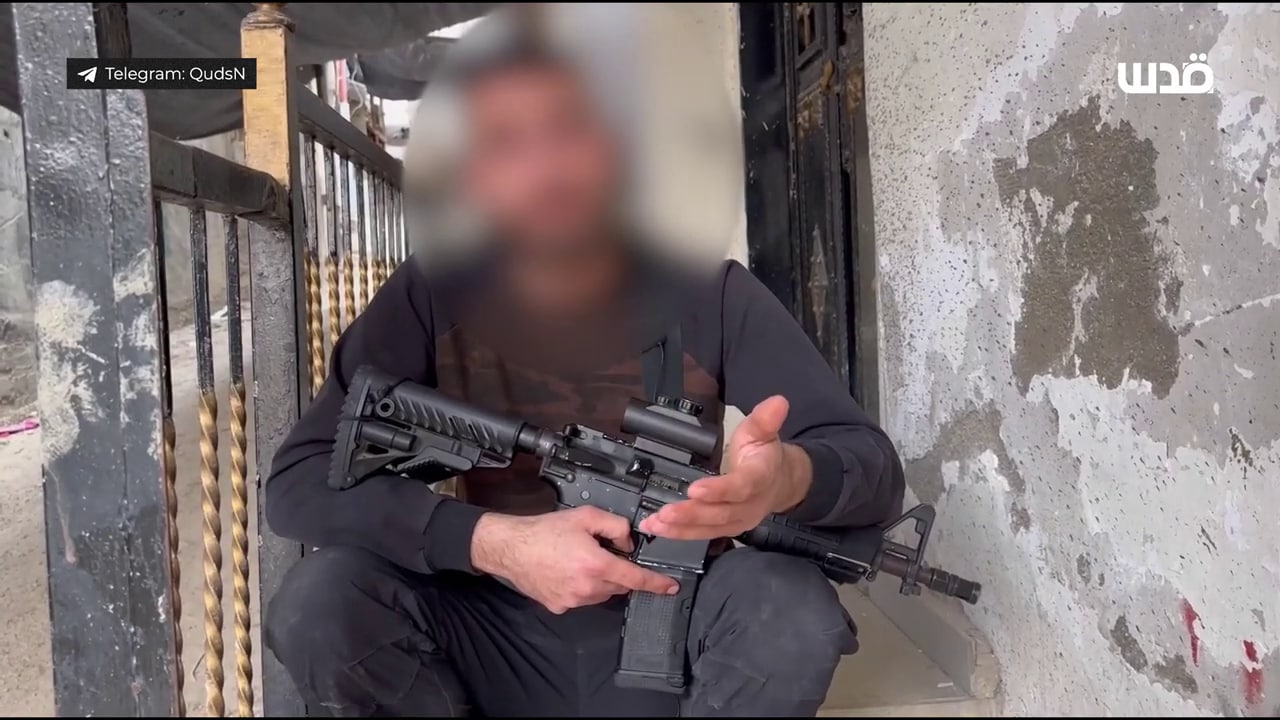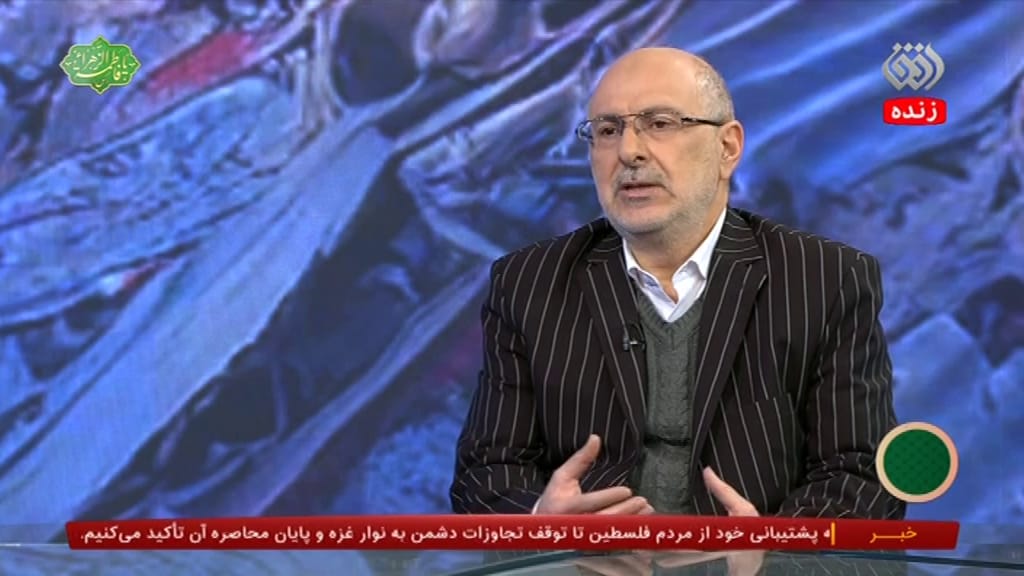
Following are excerpts from an interview with Sudanese writer Al-Hajj Warraq, which aired on CBC 2 TV on April 3, 2012 :
Al-Hajj Warraq : It is very important for [people in] Egypt to understand that democracy is about more than just the ballot box. Democracy is a culture engraved upon the cerebral box before it is the ballot box. One cannot talk about freedom in the absence of free minds. The tragedy of the Arab Spring is that when the tyrannical regimes fell, the fruits were reaped by movements that preach closed-mindedness, rather than free thinking. The outcome will be regimes that are worse than those that were toppled. The so-called Arab Spring countries are heading towards a hash winter.
[…]
The Sudanese government's advisor on environmental issues a statement that the drinking water in the Sudanese capital of Khartoum is mixed with sewage. People are drinking water mixed with feces. A regime that allows its people to drink water mixed with feces must seek legitimacy in the heavens, rather than on Earth. Responsibility on Earth is costly: You must deal with development, the economy, planning, and so on. However, when you claim to be leading people to Paradise, it costs you nothing.
[…]
When you purport to be speaking in the name of Allah, any opposition becomes opposition to Allah. This is where the danger lies. A religious state necessarily leads – in all cases – to the criminalization of dissenting views, which become heresy.
[…]
Since these movements have a totalitarian view on all aspects of life, they want to dictate how you should conduct politics, what art you should consume, what clothes you should wear, and what theater you should watch. They want to control the human world in its entirety, and therefore, they necessarily lead to the violation of human personal liberties.
In Sudan, we have an agency dedicated to the monitoring of people's wrongdoings. It is called the "Public Order Police." They enter homes, take photos, and spy on people. If you are walking down the street with a woman, they might ask you to present a marriage certificate. This is the extent of their interference in people's lives. They can even deal with the length of schoolgirls' skirts – whether they should be above or below the knee.
Interviewer : Like the Authority for the Promotion of Virtue and Prevention of Vice?
Al-Hajj Warraq : Exactly. Just like in Saudi Arabia.
[…]
In democracy, there should be some rights and liberties that are not dependent upon the will of the majority. Human rights…
Interviewer The rights that are guaranteed by the constitution.
Al-Hajj Warraq : Exactly. But when you establish a state on a certain religion, people of other religions will necessarily find themselves to be second-class citizens. This is what brought about the partitioning of Sudan. You cannot force a Christian to live in a country that purports to be Islamic, because his liberties will by necessity be curtailed. Could you demand that a Christian Egyptian pay the jizya poll-tax? Would you allow a Christian to become the head of an Islamic state?
Interviewer : The Muslim Brotherhood and Salafis here said that they wouldn't demand the jizya, which belongs to the past…
Al-Hajj Warraq : The question is whether they are doing this as a favor, or whether they contemplated these things anew and decided against the jizya. They try to resolve many issues by tricking people, treating them as fools. It is impossible to resolve this by trickery. If you want to establish a religious state, it must conform to the sacred texts that you claim to abide by. Do these sacred texts require non-Muslims to pay the jizya or not?
[…]
Our own experience shows that these people use democracy as a ladder. They climb this ladder and then throw it away, so that no on else can climb it. They will reshape all the state institutions – the media, the education – and they will even monitor the souls and conscience of people. You will never get the opportunity to vote against them in future elections.
[…]
Ask any reasonable person which is better: the political system in Switzerland, or that of Saudi Arabia, Iran, the Taliban, or Sudan? Would any modern person given the option of living in Switzerland choose to live in Sudan, in Iran, in Saudi Arabia, or with the Taliban?
[…]













